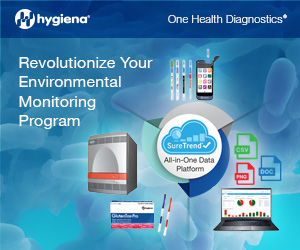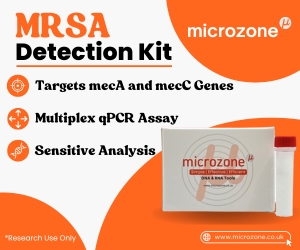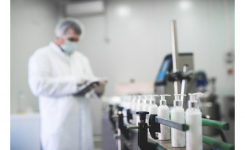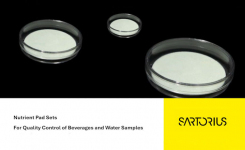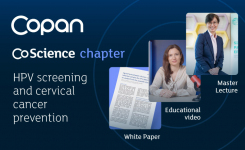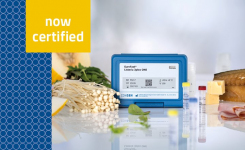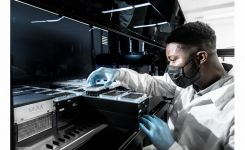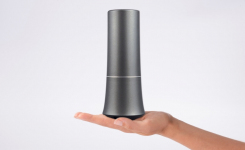New Disposable Homogeniser Probes from Stuart
go back to news archives| Robust polycarbonate homogeniser probes from Stuart are economical enough for single use but also quick and easy to clean and autoclavable. These 7 mm saw tooth probes can process 0.25-30 ml samples and are ideal for hard tissues such as heart, tumours, fatty tissue, muscle, kidney and lung, as well as all soft tissue applications. Compatibility with common reagent kits and with liquid nitrogen ensures complete versatility, while the clear two-piece construction eliminates sample loss. The new Stuart probes are designed to be disposed of after a single use to prevent cross contamination but may also be autoclaved up to seven times or cleaned, for example with 5% chlorine bleach or 70% alcohol. However, unlike traditional stainless steel probes which may take as long as 15 minutes to strip down and clean, the polycarbonate probe can be dismantled in seconds and without tools. Compatible with Stuart's lightweight SHM1 homogeniser and the more powerful SHM2 model, the polycarbonate probes are virtually unbreakable. Their processing capabilities are almost identical to those of stainless steel probes, except with the hardest sample types such as bone, cartilage and skin. Robert Skehens, Bibby Scientific Marketing Director, comments, 'The disposable probes offer significant advantages for research, clinical and diagnostic laboratories. Using our polycarbonate product means it is now possible to completely eliminate the risk of cross-contamination by disposing of probes between samples, or to increase throughput by cutting radically the time required to disassemble and clean homogeniser probes.' |
NOTE: This item is from our 'historic' database and
may contain information which is not up to date.
Source : Bibby Scientific Limited View Company Information
Posted on September 10, 2009
LATEST MICROBIOLOGY NEWS
-
New Self-collection Devices from MWE
01 Jul 2025
MICROBIOLOGY EVENTS
-
AI for Food Safety Professionals
8 Jul 2025 -
Main Challenges in Allergen Testing and How to Overcome Them
9 Jul 2025 -
Getting Equipped for the Future with the New MAS-100 Sirius® Microbial Air Sampler
10 Jul 2025 -
Unmasking Endotoxins: A Sample Preparation Strategy to Overcome LER
15 Jul 2025 -
IAFP 2025
27 Jul 2025 -
ADLM 2025
27 Jul 2025 -
Food Safety Culture Workshop
9 Sep 2025 -
Who are the "Real" Spoilers in Food?
11 Sep 2025 -
CPD accredited course: Level 3 HACCP & Food Safety
15 Sep 2025 -
Culture Eats HACCP for Breakfast (free)
On-demand Webinar



